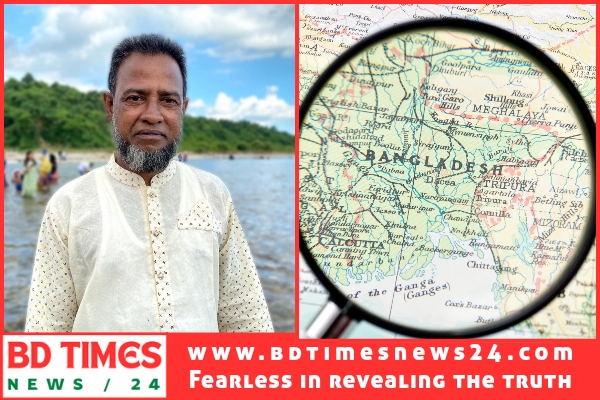Bangladesh has recently witnessed a historic turning point. In August 2024, Prime Minister Sheikh Hasina stepped down after more than fifteen years in power, following weeks of mass protests led initially by students demanding reforms. What began as a quota reform movement soon transformed into a nationwide democratic uprising. The government’s heavy-handed crackdown left hundreds dead, but public anger only intensified. Ultimately, under mounting pressure from the people, the military, and the president, Sheikh Hasina resigned and left the country. Her departure was not merely the fall of an individual but the collapse of a political order that had lost the people’s trust.
Today, Bangladesh faces multiple crises. The economy is fragile, foreign reserves depleted, unemployment rising, and ordinary citizens are crushed by the soaring cost of living. Corruption and excessive politicization have paralyzed governance. Political divisions have left the nation fragmented, and moral values in public life have eroded. Against this backdrop, Bangladesh’s most urgent need is clear: a leader who is honest, capable, and visionary.
The Qur’an reminds us: “Indeed, Allah commands you to render trusts to whom they are due and when you judge between people to judge with justice.” (Surah An-Nisa 4:58). Leadership is an amanah (trust), not a privilege. A leader must embody trustworthiness, justice, and competence. The Prophet Muhammad ﷺ further emphasized: “Every one of you is a shepherd, and every one of you will be asked about his flock.” (Sahih Bukhari, Sahih Muslim). Leadership, therefore, is not indulgence in power but accountability before God.
For Bangladesh, the path forward requires a leader who is God-fearing and free of corruption. He or she must put people’s welfare above personal gain. The nation needs a visionary who understands global politics and economics, capable of steering the country through turbulent waters. The next leader must also serve as a unifying figure, healing divisions and fostering national solidarity. Most importantly, such leadership should be service-oriented: not ruling over the people, but serving as their guardian and caretaker.
Bangladesh now stands at a crossroads. With the right leadership, the country can emerge stronger, moving towards justice, stability, and prosperity. Without it, history risks repeating itself. Citizens hold the ultimate responsibility: in a democracy, leaders rise from among the people. Choosing leadership should not be based on party loyalty or empty slogans, but on integrity, morality, and a genuine commitment to public service.
The nation desperately needs a leader who embodies accountability, justice, and foresight. Only such a leader can restore public trust, root out corruption, and guide Bangladesh toward becoming a just and prosperous state.



